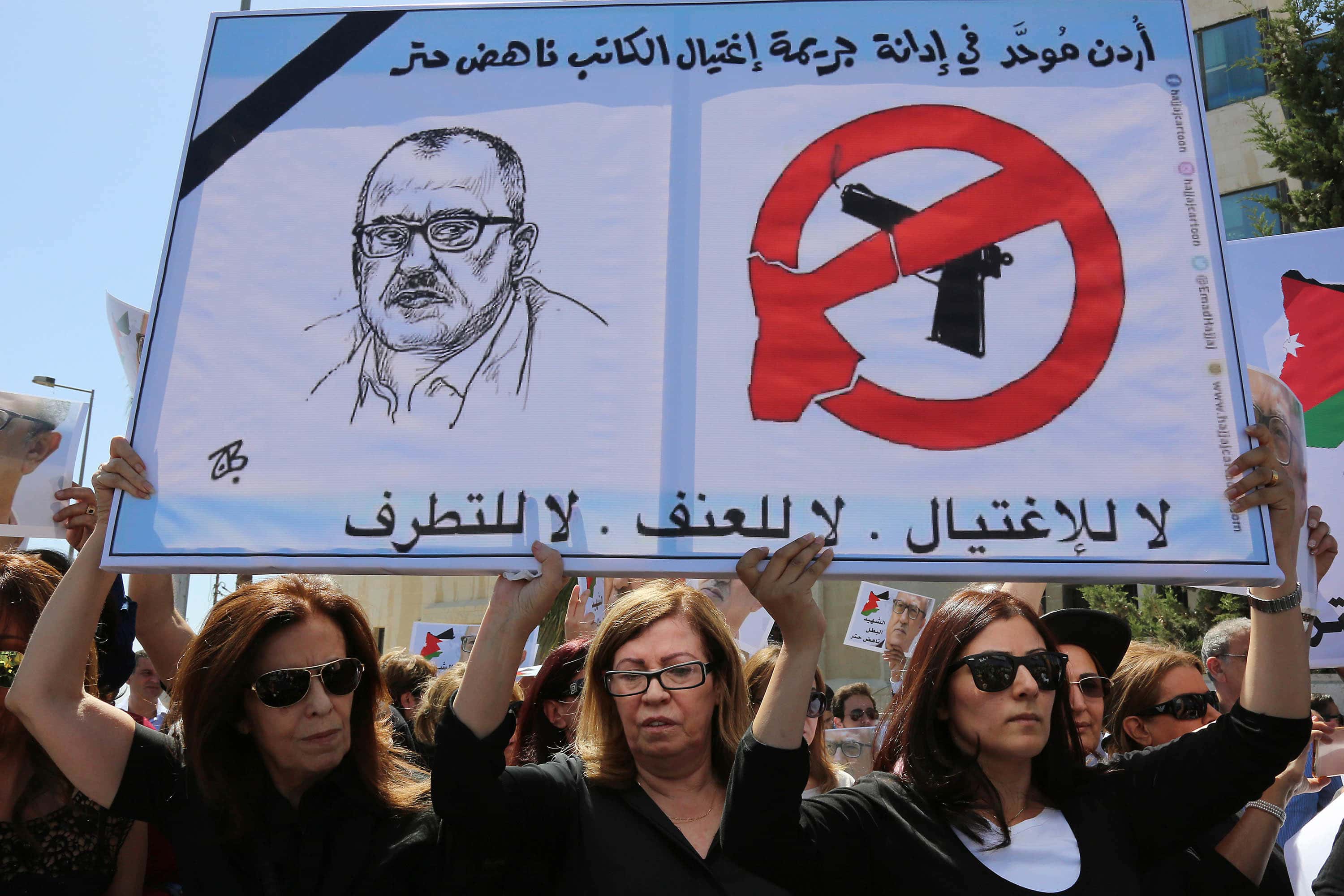
Nahed Hattar’s assassination exposes Jordan’s dark side
The assassination of a controversial writer charged with “insulting Islam” over a cartoon he shared on Facebook hints at much deeper issues than a lone-wolf shooter.
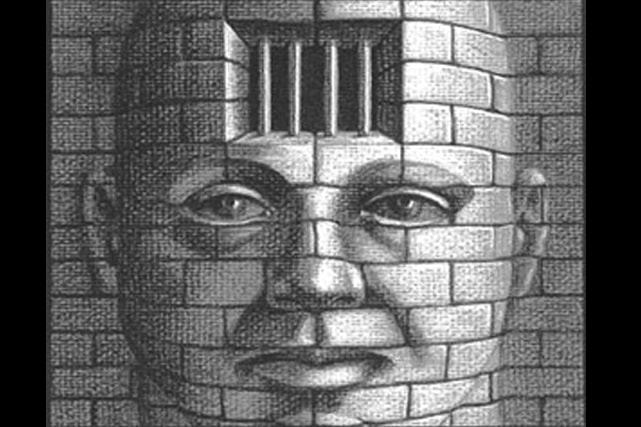
How governments chip away at rights defenders’ freedom and spirit
Jail sentences, torture and disappearances make the headlines. But, as rights defenders in Bahrain, Egypt and Turkey have found out, other forms of harassment can leave deep scars too.
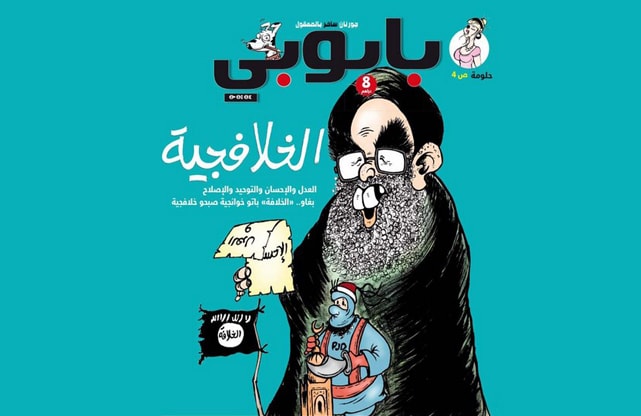
‘Red lines are mostly illusions’: Moroccan cartoonist on using satire to break taboos
In an interview with IFEX, cartoonist Khalid Gueddar, who recently launched the first-ever satirical weekly newspaper in Morocco, discussed his new venture, the challenges that stand in his way, and his aspirations for the future of satire in Morocco.
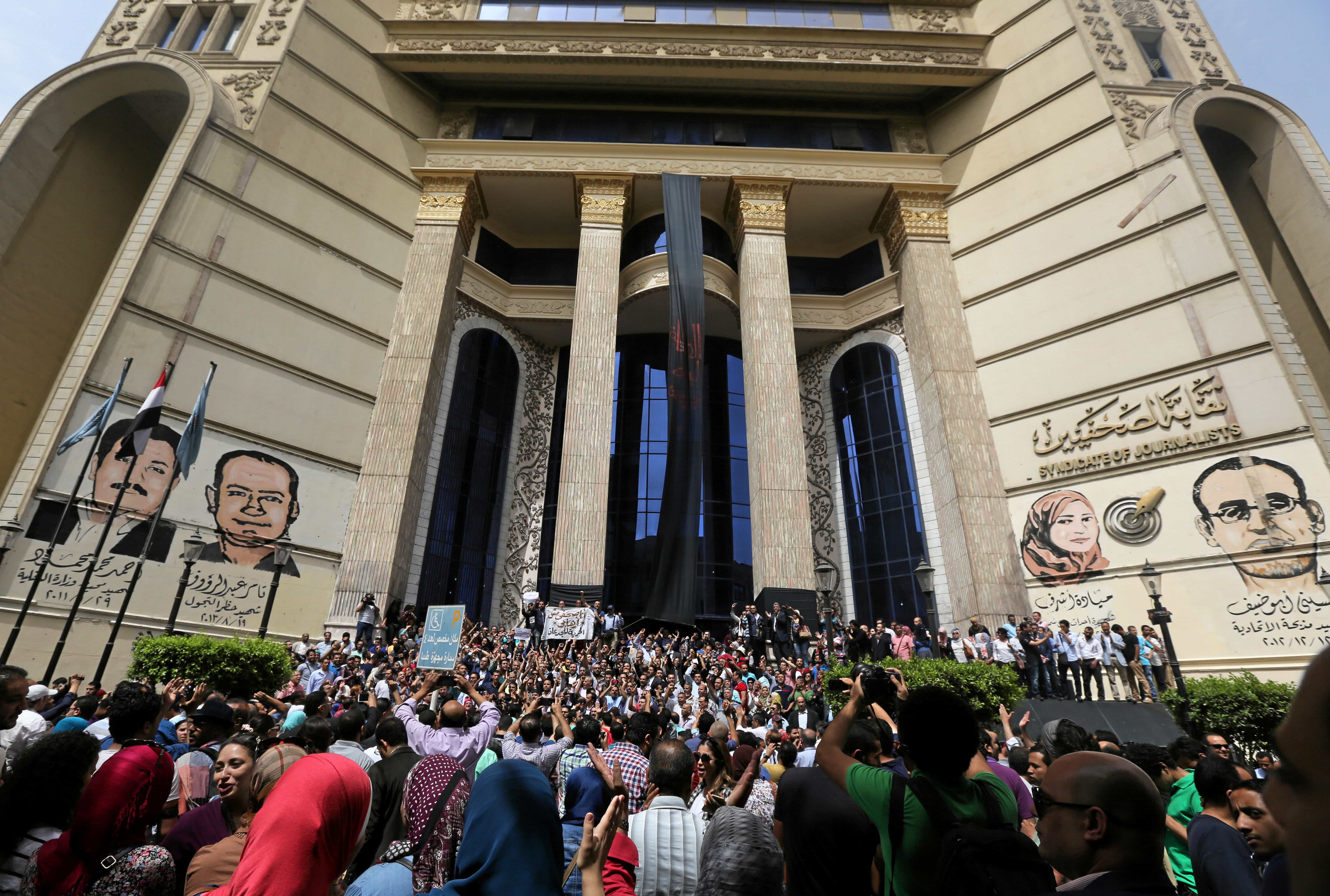
Another first for Sisi as press syndicate leaders are detained, interrogated
The detention of Syndicate President Yahya Qallash, Vice President Khalid el Balshi and General Secretary Gamal Abdulrahim is the latest in an aggressive campaign by the Sisi government to control the media.
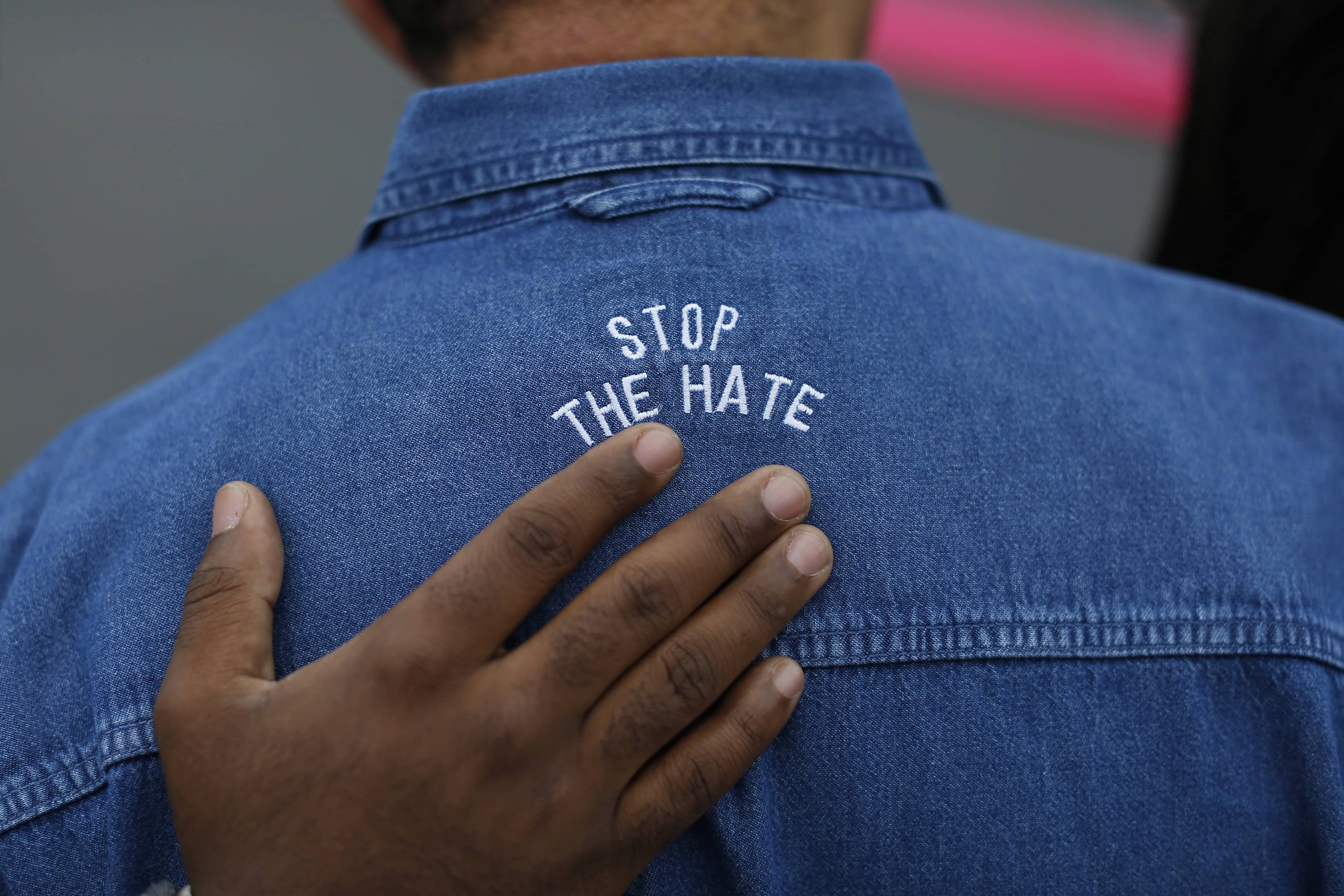
Talking back: Taking on the haters
Some groups are finding ways to counter hateful language by challenging it, instead of calling for censorship.

Four initiatives to make every day International Women’s Day
Kudos to four of our members who are working to improve the lives of women working in the media and interacting in digital spaces.
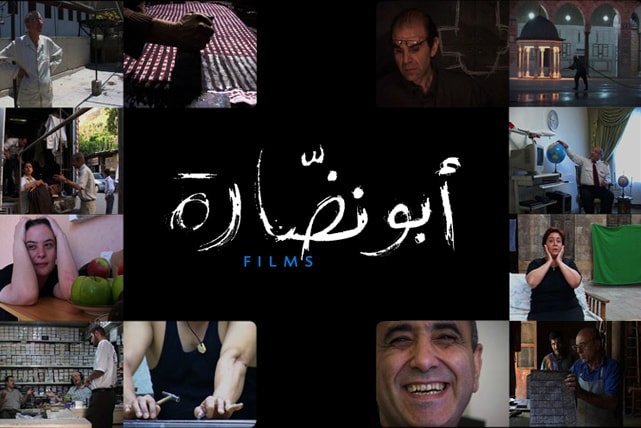
Syria’s anonymous collectives: AbouNaddara
This is part four of a four-part series on the men and women illuminating some of Syria’s darkest regions, often at grave personal risk.
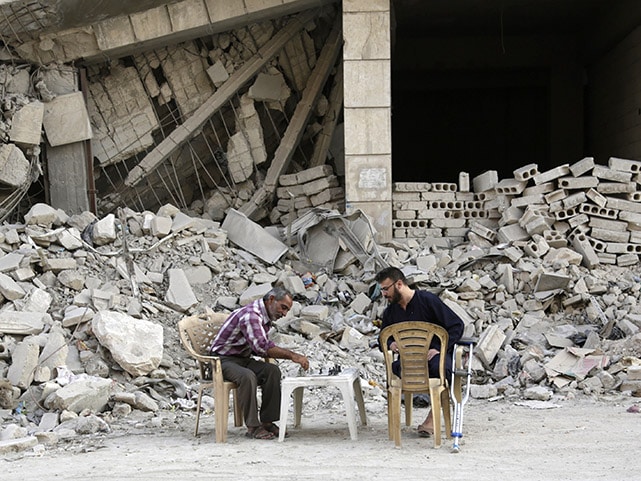
Syria’s anonymous collectives: Documenting life amidst the chaos
In this four-part series on the men and women illuminating Syria’s darkest regions, IFEX speaks to individuals working with four independent Syrian collectives operating anonymously inside the war-torn country to find out what motivates them to keep going despite the grave and often, fatal, risks involved.
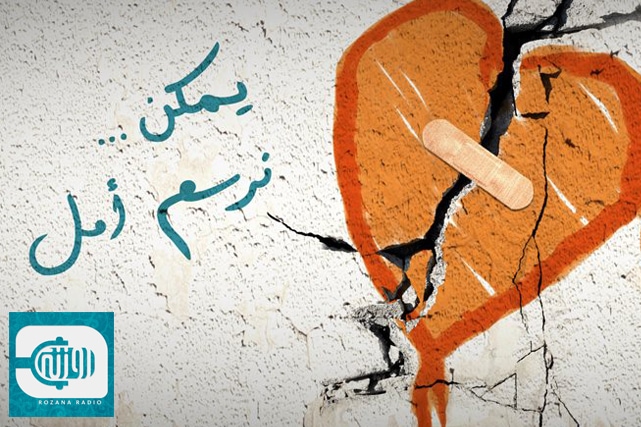
Syria’s anonymous collectives: Radio Rozana
This is part three of a four-part series on the men and women illuminating some of Syria’s darkest regions, often at grave personal risk.
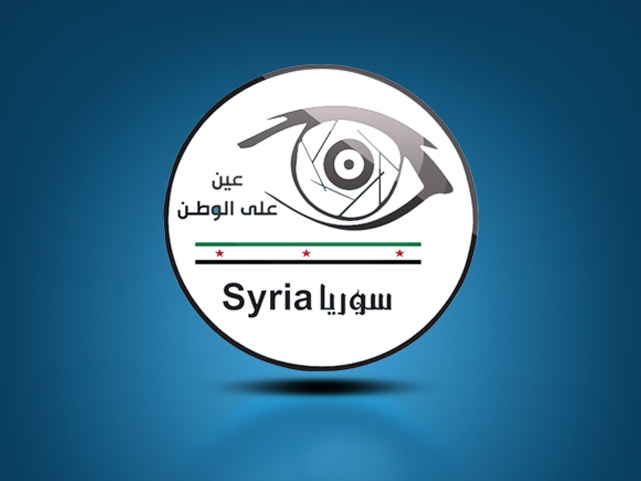
Syria’s anonymous collectives: Eye on the Homeland
This is part two of a four-part series on the men and women illuminating some of Syria’s darkest regions, often at grave personal risk.

Syria’s anonymous collectives: Raqqa is Being Slaughtered Silently
This is the first instalment in a four-part series on the men and women illuminating some of Syria’s darkest regions, often at grave personal risk.
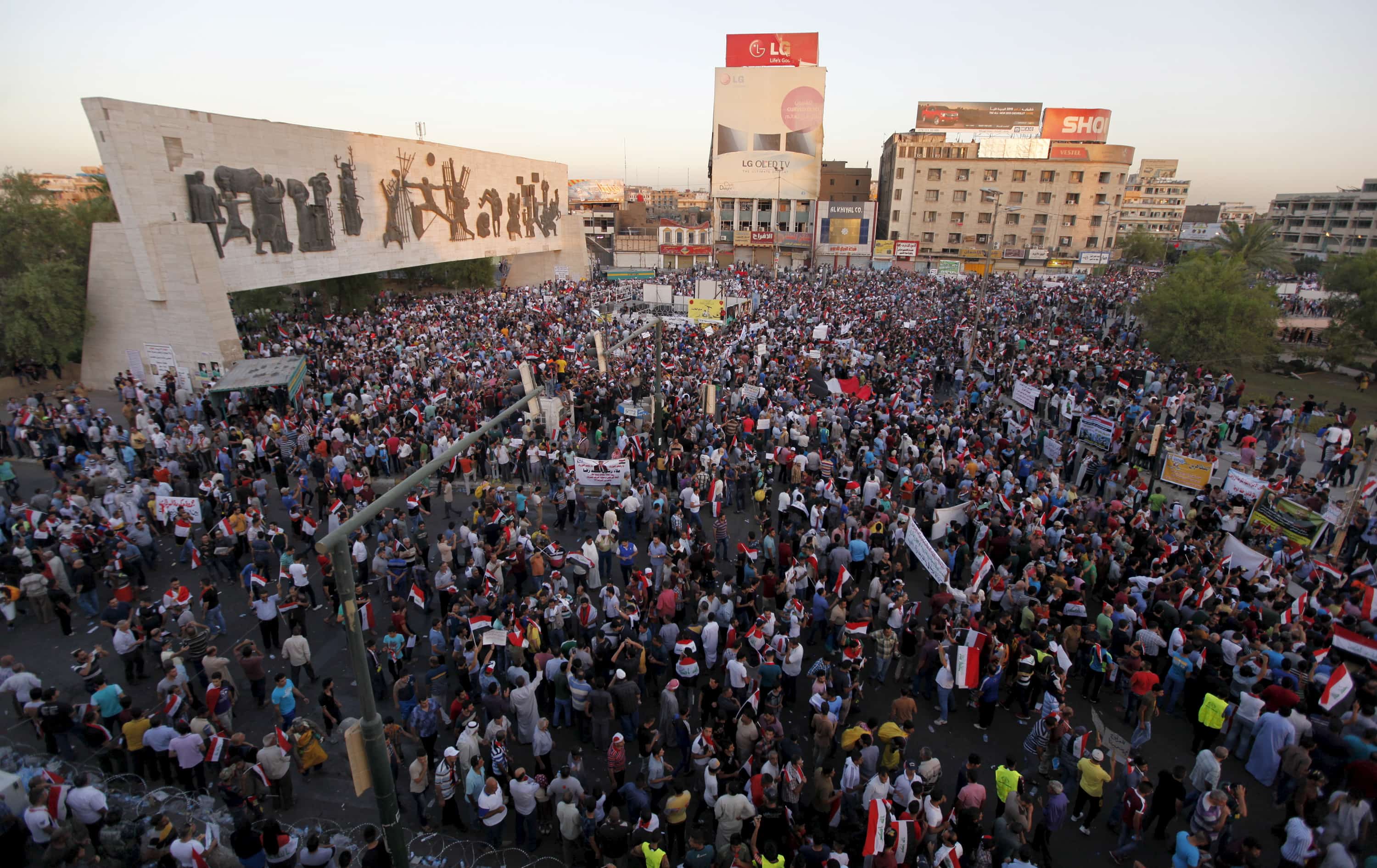
Iraq’s anti-corruption protests marred by wave of murders
Several Iraqi provinces have witnessed the violent deaths of political activists and tribal leaders supportive of Iraq’s nation-wide anti-corruption protests. Undaunted by the killings and the government’s apparent inability or unwillingness to respond to them, protesters have vowed to keep demonstrating until their demands are met.
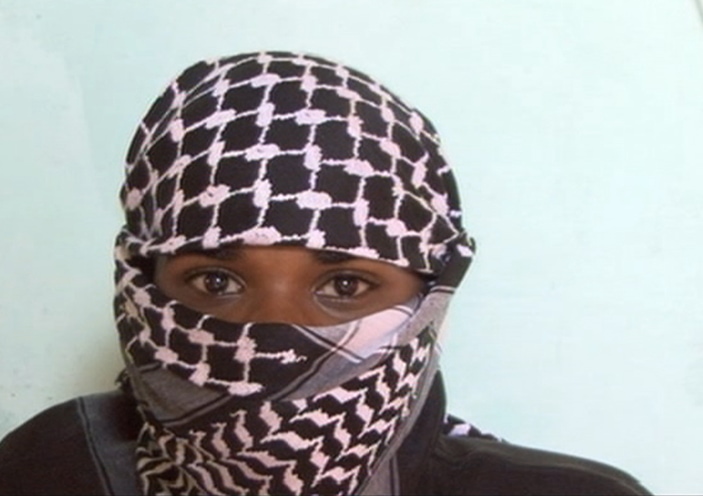
Face to face with Somalia’s Warriors from the North
Danish-Somali director Nasib Farah spoke to IFEX about his latest documentary, Warriors from the North, and what it was like getting up close and personal with young Al-Shabaab fighters and defectors.
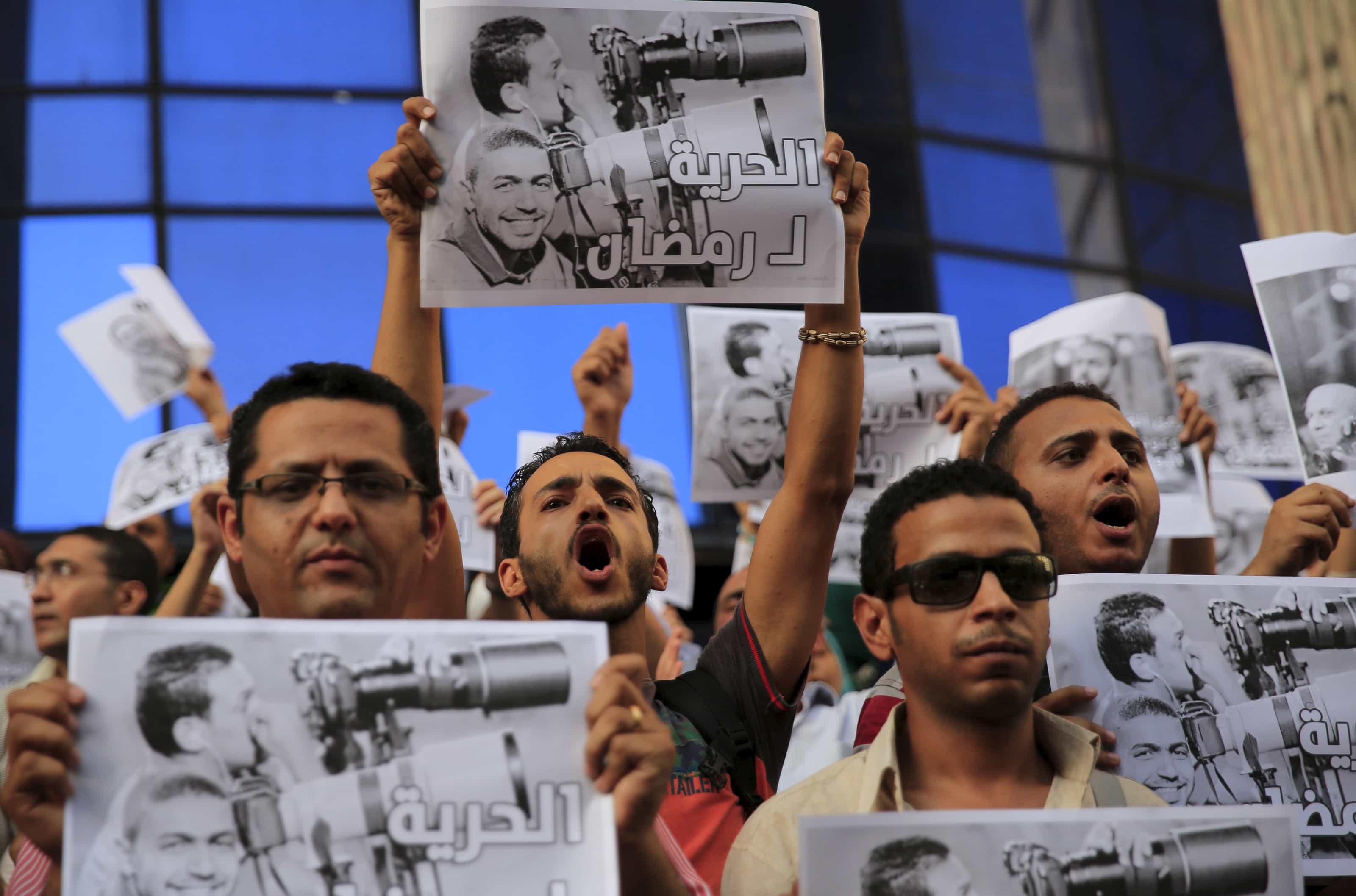
IFEX members’ thoughts on Egypt’s newly-enacted anti-terrorism law
On 17 August 2015, Egyptian President Abdel Fattah El-Sisi approved an anti-terrorism law that, from the outset, was heavily condemned by local and international rights groups.
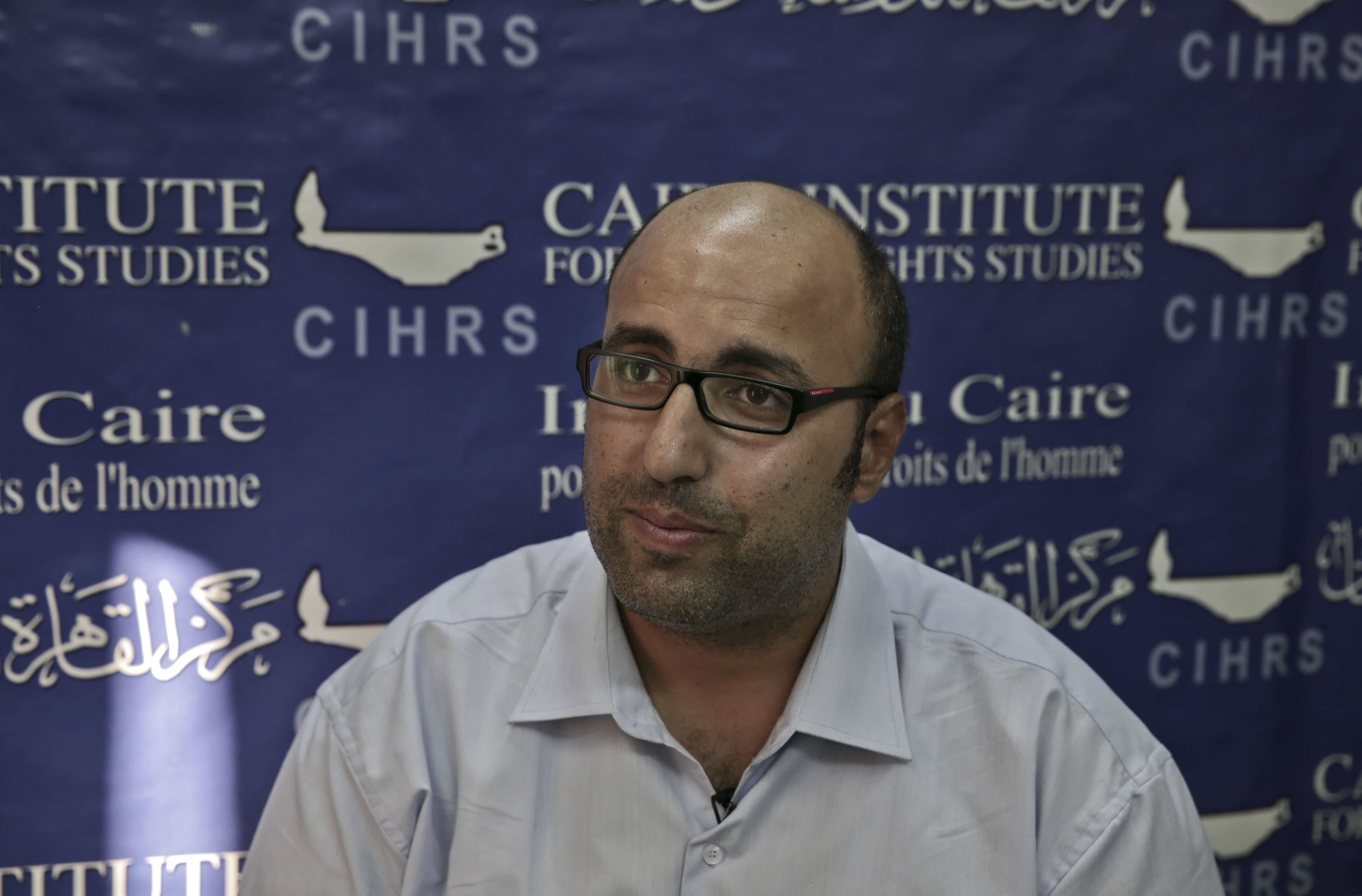
What’s in the cards for Egypt’s independent NGOs?
Rights-focused independent civil society groups are more important now than ever to Egyptian society. And yet, although their independence is guaranteed in the constitution, the current government has been employing every tool at its disposal to silence them.
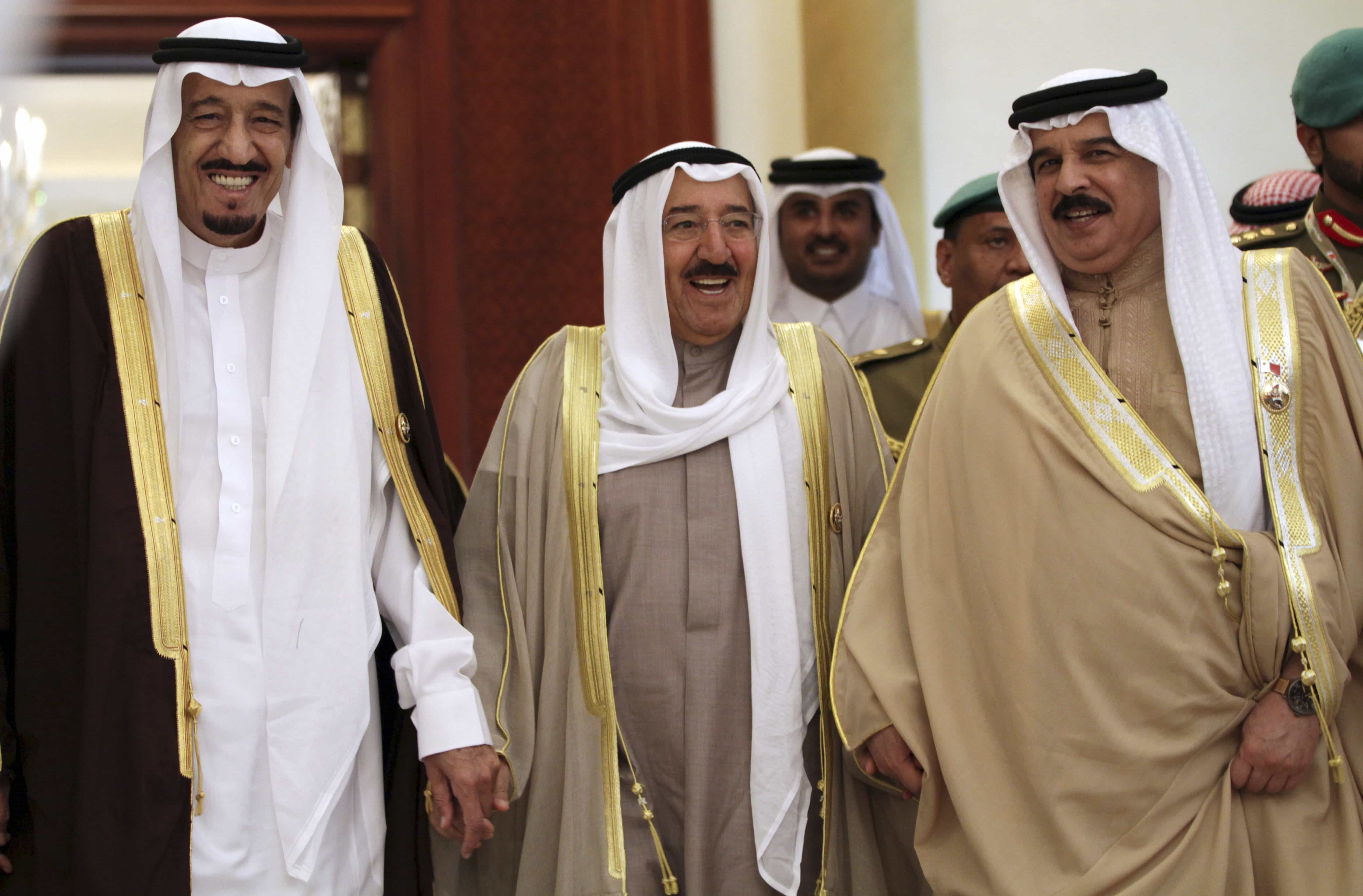
Reward or punishment? What being an online influencer in the Gulf can get you
Can governments truly foster creativity while suppressing dissent? IFEX takes a look at the inaugural Arab Social Media Awards.